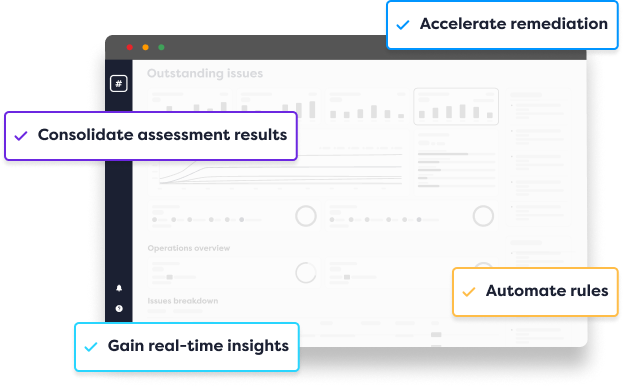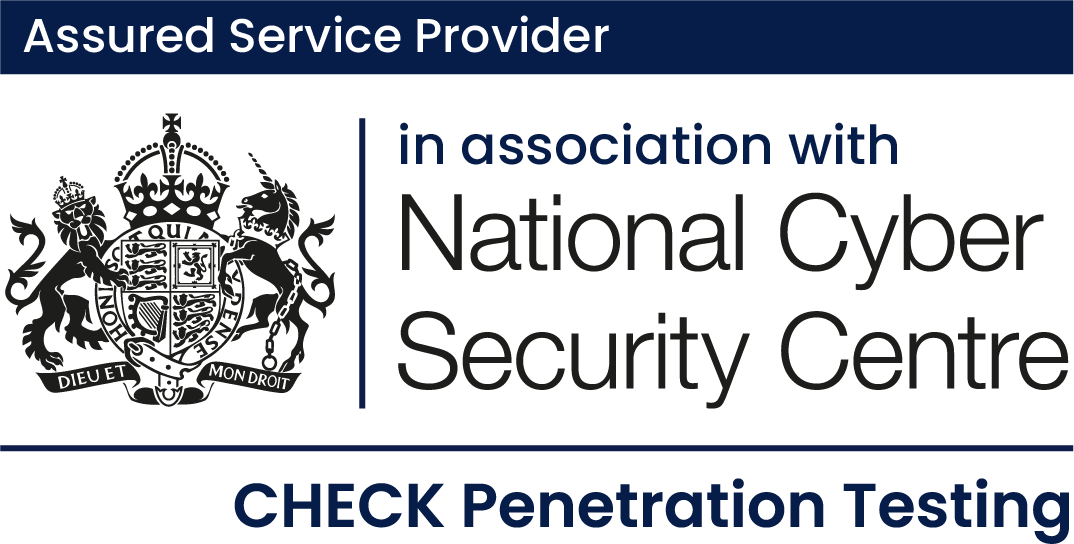Web Application Penetration Testing Services
Simulate real attacks. Strengthen real defences

Trusted by companies of all shapes and sizes
What is a Web Application Penetration Test?
Web application penetration testing is the process of safely simulating cyberattacks on a web application to find and fix security vulnerabilities before attackers can exploit them. Web application penetration testing services allow you to identify and fix issues before they can be exploited, providing your organization with protection against cyberattacks.
Rootshell Security’s Web Application Penetration Testing services assess your applications for issues listed in the Open Web Application Security Project (OWASP) testing guide; these are industry-recognised guidelines for web app security. We then safely utilise the same techniques as real-world threat actors to establish how vulnerabilities could be exploited.
Our CREST-certified penetration testers provide expert guidance throughout. You will receive the support you need to successfully fix issues as quickly and effectively as possible to keep your web applications protected.
The Benefits of Application Penetration Testing Services
Web application penetration testing is a proactive way to identify security flaws that could lead to unauthorised access or data breaches. It evaluates an app’s architecture, design, configuration, and implementation.
Prepare for a real-world attack
Web applications are popular targets for threat actors; penetration tests are one of the most effective ways to improve and maintain their security. By emulating the tactics, techniques, and procedures used by threat actors, our penetration testing services truly put your web application security to the test.
Uncover critical vulnerabilities
As the risk of cyber attacks continues to increase, it’s crucial you have complete visibility of your organization’s vulnerabilities. Our web application penetration testing services will identify any vulnerabilities within your applications, from low to high risk, so you can take action.
Protect Sensitive Data
Sensitive data is a prime target for cybercriminals. Web application penetration testing helps you find and fix vulnerabilities that could be exploited to gain unauthorised access to information such as customer details, login credentials, financial records, and proprietary business data.
Comply with Security Standards
Many regulations (like GDPR, PCI DSS, and ISO 27001) require regular security testing. Pen testing helps demonstrate due diligence and supports compliance efforts. Our CREST-certified penetration tests will make sure that your organization is compliant.
Stay ahead of threats with our expert-led PTaaS
Get Started
Centralise Your Testing Results
The Rootshell Platform is a vendor-neutral vulnerability management solution designed to place you at the heart of your security operations. It allows you to consolidate any assessment results, speed up remediation workflows, and gain visibility into any emerging threats.

Recognized industry leader in Cloud Penetration Testing
Process for Web App Pen Testing
A web app penetration test follows a repeatable cycle to identify and exploit vulnerabilities until none remain. After scoping, the process begins with gathering information, mapping the hosting environment, and identifying attack points. Threat modelling is carried out to simulate real-world techniques. The test concludes with a tailored report outlining vulnerabilities by severity and providing prioritised remediation advice.
01
Scoping
We work closely with your organization to understand and agree on the complexity of your requirements. This gives us the opportunity to discuss any prerequisites, such as test accounts, authorisation, and escalation processes. All scoping, including exchanging information, is conducted securely within the Rootshell Platform.
02
Pen testing
We assess your web applications against industry-standard OWASP guidelines to identify potential vulnerabilities. Our testing simulates a real-world attack by adopting the perspective of an unauthenticated and uninformed attacker, aiming to gain unauthorised access to sensitive application data or internal systems.
03
Reporting
We provide you with a clear and extensive pen test reporting, detailing all our findings from your web application penetration test. The report provides you with a clear understanding of any areas of risk or vulnerability and will form the basis of your remediation process.
04
Review
Once your penetration test is complete and you have reviewed your report, you can discuss all aspects of it with your consultant. We offer expert post-pen test support and guidance on web application remediation activities.
05
Free re-test
We are passionate about our cybersecurity testing and it’s our firm belief that delivering a report of vulnerabilities should not complete a penetration test. Following an assessment, we will provide clear recommendations on how to mitigate against reported vulnerabilities and offer free remote retesting following remediation.
Why Choose Rootshell for Web Application Penetration Testing?
We’re proud to provide penetration testing services for some of the UK’s leading organizations.
CREST-certified pen testing
CREST is an internationally recognised accreditation for penetration testing services. Our CREST-certified testers carry out your penetration testing service and ethical standards.
Quality assured
We deliver our penetration testing services to industry standards, such as Open Web Application Security Project (OWASP) guidelines, the National Institute for Standards and Technology (NIST), and the Penetration Testing Execution Standard (PTES).
Expert advice and support
Following your penetration test, our CREST-certified testers provide you with expert guidance and support. You will receive clear reports and advice, along with step-by-step instructions, ensuring you know exactly how to remediate and reduce risk.
Don’t just take our word for it, hear what our customers think
Types of Penetration Testing
Network Infrastructure Testing
Rootshell conducts in-depth assessments of your network environment to find and exploit security vulnerabilities. This helps determine whether assets like sensitive data can be accessed or compromised.
Cloud Penetration Testing
Cloud penetration testing evaluates the security posture of cloud-hosted environments and services, taking into account cloud-specific risks like misconfigured storage, access controls, and identity management.
Wireless Network Penetration Testing
Wireless penetration testing identifies vulnerabilities in Wi-Fi networks, such as weak encryption protocols or rogue access points, and assesses how attackers might exploit them.
Social Engineering Assessments
Human error remains one of the biggest cybersecurity threats. Rootshell’s social engineering testing includes targeted phishing simulations and other attack scenarios to evaluate how well your staff and systems respond to real-world social engineering attempts.
Mobile Application Security Testing
With mobile apps becoming a primary access point for customers, ensuring their security is vital. Rootshell performs thorough assessments of iOS and Android applications using up-to-date frameworks and tools, helping to identify vulnerabilities and improve the security of mobile platforms.
Frequently Asked Questions
Can’t find the answer to your question?
You can always Contact Our Team of experts for a chat!
What is involved in web services penetration testing?
Web services penetration testing aims to identify security weaknesses within your web applications that could be leaving your organization open to cyber attack. The same methods as threat actors are safely utilised to confirm and demonstrate how a vulnerability could lead to a breach.
What’s the difference between a pentest and vulnerability scanning?
A penetration test simulates a real-world attack on your organization’s network, applications, and systems to identify any weaknesses. A pen test is conducted manually by skilled consultants, who use the same techniques as real-world hackers; you can think of it as ‘ethical hacking’. On the other hand, vulnerability scanning is carried out using automated tools and solely focuses on identifying vulnerabilities within software. Find out more about vulnerability and penetration testing services.
How long does a web app pen test take?
The duration depends on the size and complexity of the application, but most tests take between 3 to 10 working days from initial scoping to final reporting.
How often should I conduct web application penetration testing?
At a minimum, once a year or after major updates to the application. Regular testing is recommended as part of a continuous security strategy, especially if you deploy new features often.
Is this the same as a vulnerability scan?
No. A vulnerability scan is automated and provides a basic overview, while penetration testing involves an in-depth manual assessment and exploitation by ethical hackers to uncover complex, real-world risks.




